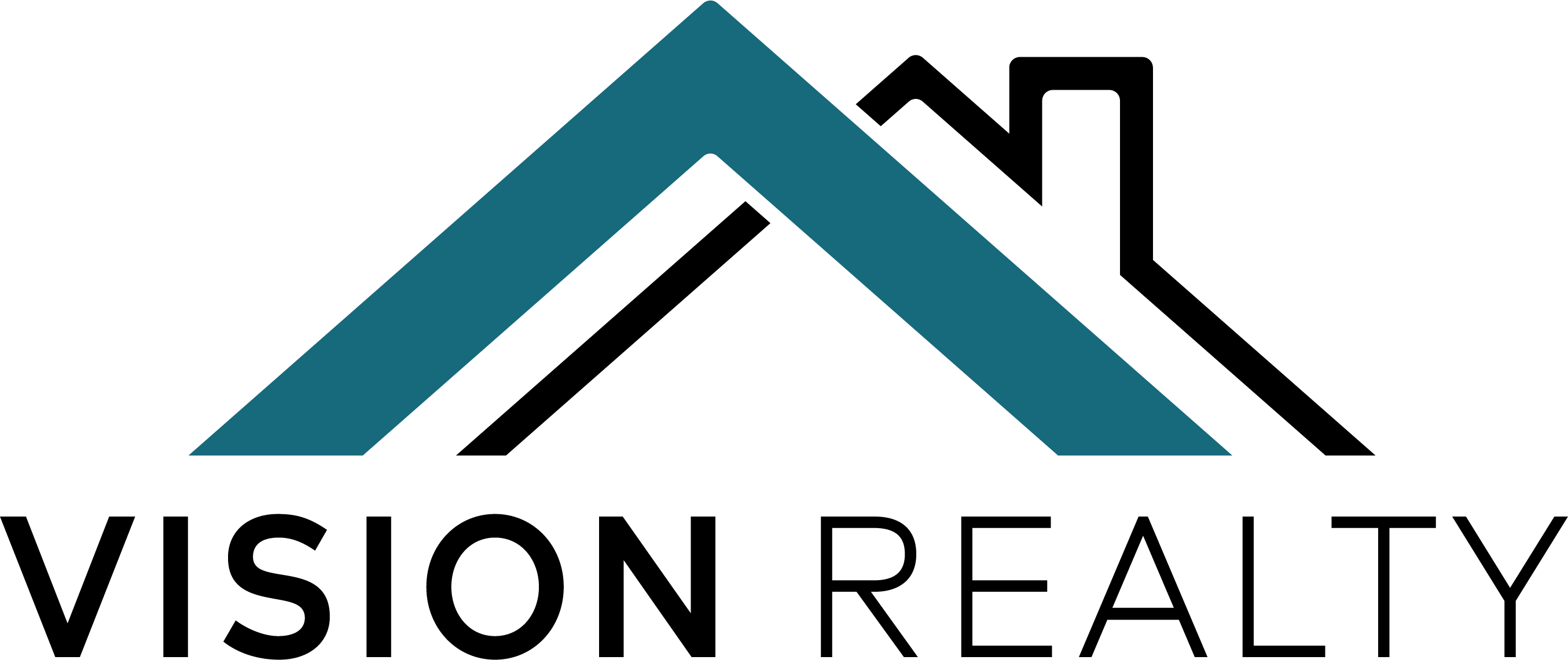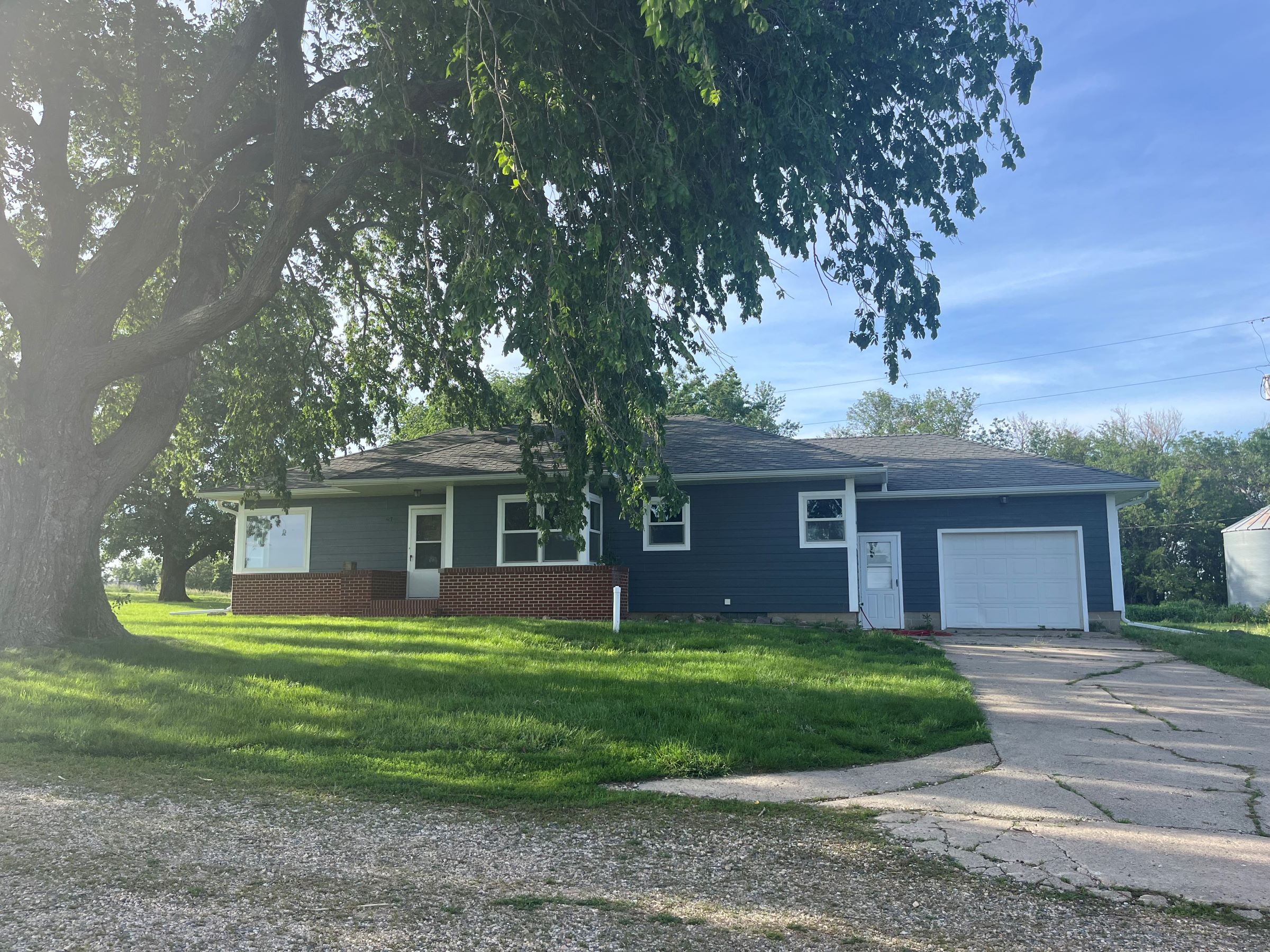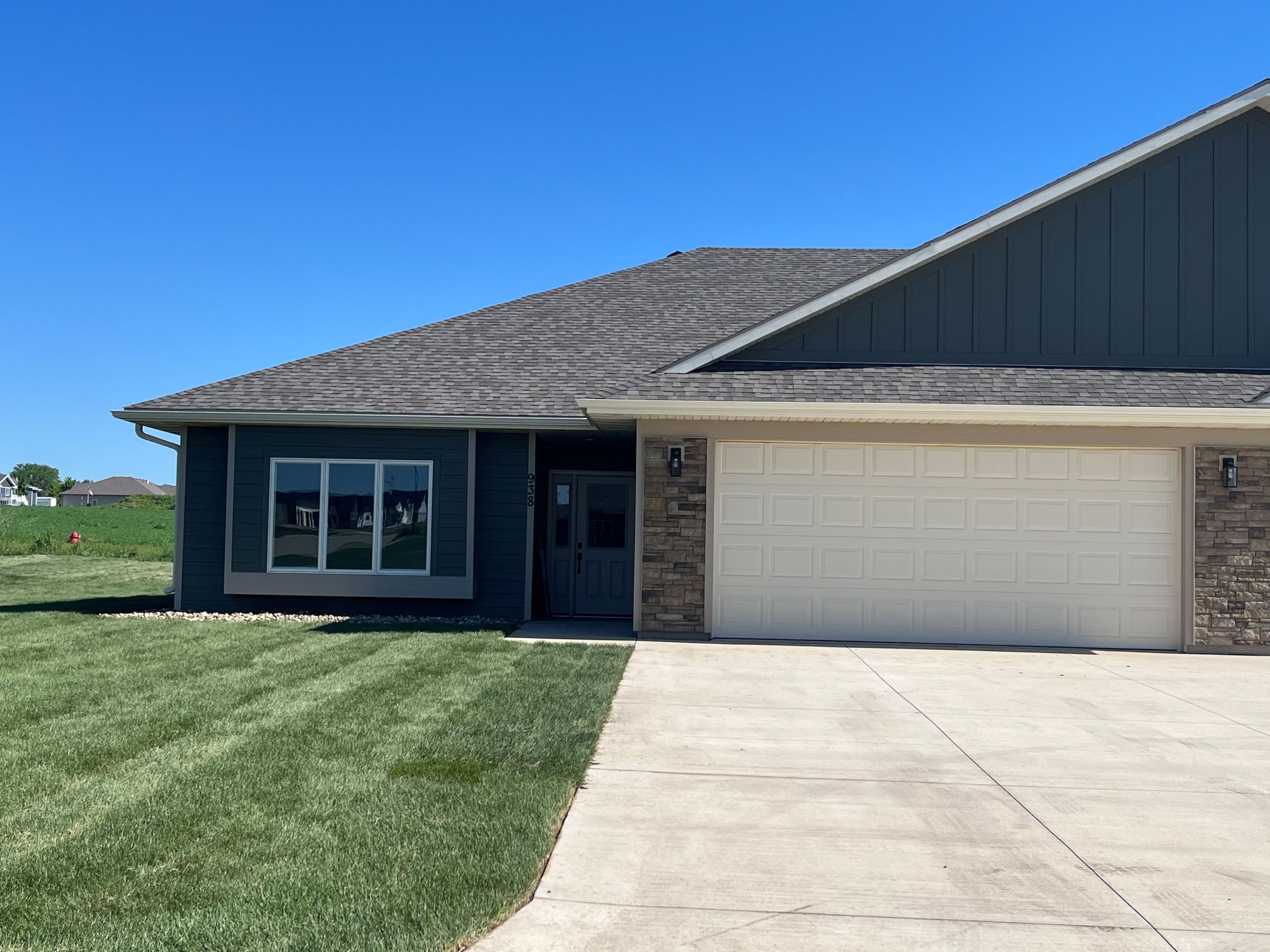In a short sale the bank or lender agrees to let the homeowners sell their home for less than their loan balance. In some cases, the sellers don’t need to pay back the difference between what they owe and the proceeds of the sale.
This sort of transaction is a popular alternative for both buyers and sellers since the industry has streamlined the short sale process. Banks are all for avoiding foreclosures that result in placing the homes back in their books and much more interested in facilitating short sales.
Who benefits in a short sale?
Short sales present a proverbial “win-win” situation. Here’s how:
Sellers protect their credit (which can take many hits) and avoid foreclosure.
Buyers receive a good price on the home.
The potential loss from a foreclosure is typically higher than a loss from a short sale. Lender want to avoid a costly foreclosure.
How does it work:
Lets say you can no longer make your mortgage payments and still owe $200,000. You may refinance your home and retain better interest rates and secure a lower payment based on a longer term. But if your property has lost value due to local market conditions (say it would sell for only $150,000), refinancing isn’t going to work. It is called a short sale if the bank agrees to a sale at $150,000.
Banks do not always agree to a short sale although they have become more common in recent years.
They approve short sales in theses cases:
Seller has a hardship (such as divorce, bankruptcy, unemployment, job relocation).
Seller owes more on the mortgage than the home’s current market value.
Mortgage is in or near default status.
Seller has no assets.
Different banks and lenders have different requirements. So sellers should discuss the short sale option with their lender.
Short sales can present a great deal for buyers. But the process is a bit more complicated than a normal home purchase, and it will take patience.





